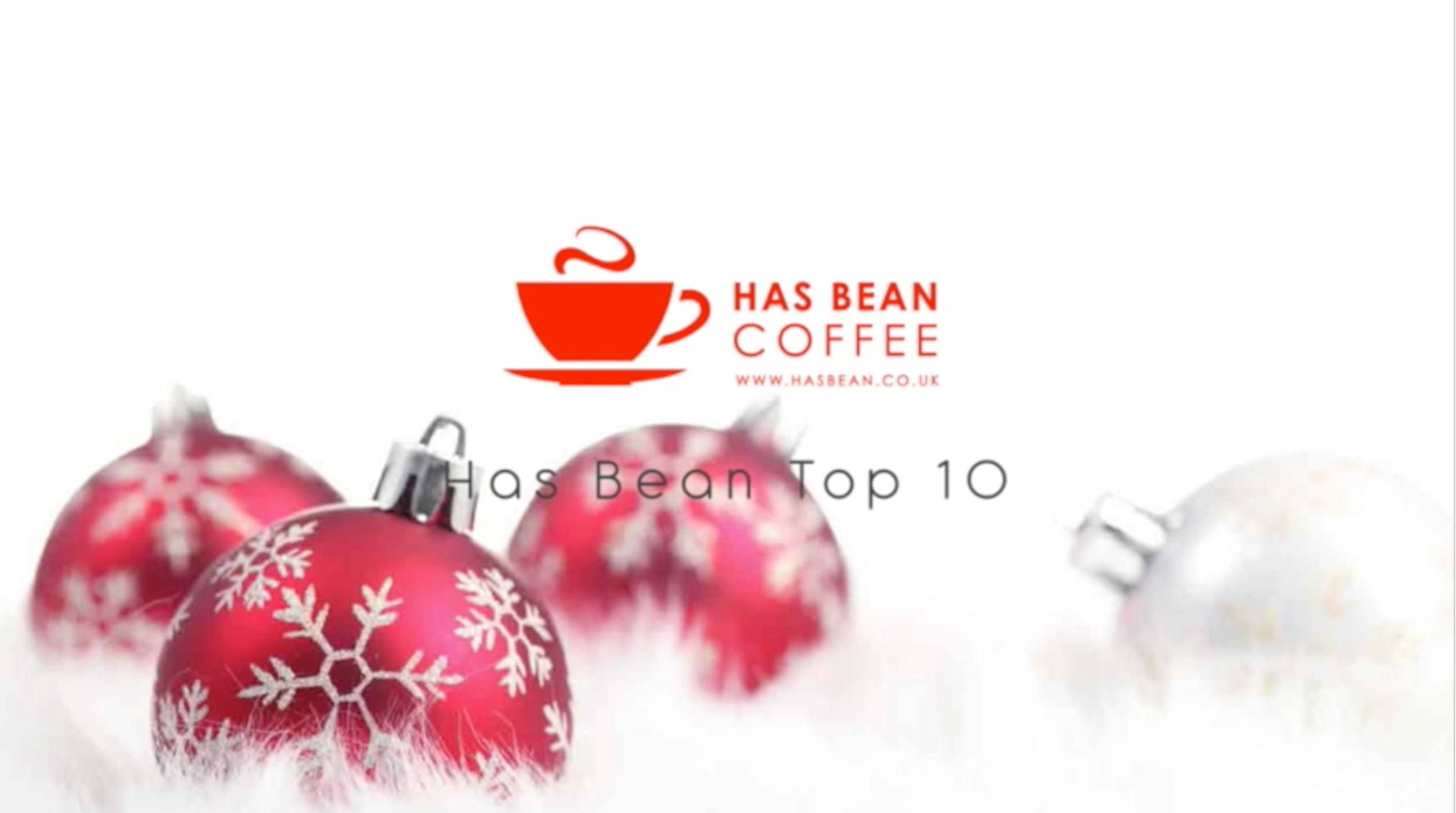Ahhh a chill in the air and Brazils arriving, its a sure sign that winter is well on its way
I’m not so keen on the chill in the air, not one little bit. But I am always happy to see our delicious Brazils on their way back. I can not believe this is the 6th year of stocking this farms coffee, and the 5th of having it all exclusively. To have an entire specialty production from a Brazilian farm is a treat, even more so when its one of your closest friends who owns it.
Super different this year, but you will have to read below why so.
If you want to buy it you can do so here and to find out more look below
A world exclusive, only available as a Has Bean Special. This is a farm we are supporting for the sixth year, and one that I am very proud to be working with and be linked with, as the owner is my very good friend, Stephen Hurst.
I’ll let Stephen Hurst tell you the story of how he came to own ‘Inglaterra’:
“Maybe it had always been an idea in the back of my mind – So a couple of years ago when some friends in Brazil mentioned that a small coffee farm was for sale, I had a look.
The farm (Fazenda Toca Da Onca) means hiding place of a small wildcat. The locals now call the farm ‘Inglaterra’. The previous owners had abandoned Toca Da Onca/Inglaterra; so we had to start again almost from scratch. Some surviving coffee trees were pruned right back and the coffee that you are now drinking is that re-growth from the original old trees. For the coffee people, the varietals are Icatu, Acaia and Catucai. In future I expect coffee cherry varietals to become as well known as wine grape varietals to a much wider audience. The farm is located near the lovely spa town of Pocos De Caldas in the coffee growing heartlands of Brazil’s Minas Gerais state. Elevation 950-1300 meters, rich soil, on the edge of an ancient caldera/ super volcano whose outline can be seen on satellite images. 50% of the farm is Virgin Mata Atlantica Forest and as long as I own it; it will stay that way. I am replanting some areas with the help of my local friends Gabriel and Cristiano, without whose assistance this project would never had started”.
Acaia is a very rare varietal that I didn’t know too much about until we bought it from this farm a few years back now. I had seen it appear occasionally in Brazillian Cup of Excellence lots, but I had never come across it personally until we found this coffee. A hybrid from the Mundo Novo plant, Acaia is mainly found in Brazil and is best grown at altitudes of 800 metres or above. The fruit is large in size and predominately red in colour. In fact, this varietal is rarely encountered outside of Brazil, where it has adapted well to the climate and conditions. There have been varied results when it has been tried elsewhere.
The down-side to this varietal is its susceptibility to coffee plant diseases and pests. Mundo Novo is rare enough and not very prevalent, but Acaia is incredibly rare.
This coffee is so different to the Canario from the same farm, yet at the same time, in some ways, it shares a familiarity. It has the same smoothness and sweetness as Canario. This year we asked Stephen to split the processing of this coffee into Pulped Natural and Natural (this being the Pulped Natural), a more traditional processing method for Minas Gerais area, and a real winner.
This year the nautral is so so delicate. Its the gentleist natural I have tasted in a while which is good if you don’t need those big fruity flavours. but you still get the sweet milky chocolate, it’s just a little more toned and with a touch more apple, plums and a hint of sultanas. Just as with the Pulped Natural, this ends on a cherry like acidity but with more natural flavours on the back end.
In the cup this is so different to what we have seen before from this farm with this process. This year the nautral is so so subtle, its one of the most gentle and delicate examples I have ever seen, which is good if you don’t need like big fruity flavours. What you do get is sweet milky chocolate, it’s just a little more toned a little more cocoa content, with the slightest hint of plums and sultanas giving it natural body without the funk.
Farm: Fazenda Inglaterra
Farmer: Stephen Hurst
City:Poços de Caldas
Region: Minas Gerias
Country: Brazil
Farm Size: 10 Hectares
Coffee growing area: 5 Hectares
Altitude: 1200masl
Varietal: Acaia
Processing System: Natural
About the author Just Steve Leighton
I'm just Steve Leighton
-

6 November, 2019
-

15 May, 2019
-

1 January, 2019
All posts by Just Steve Leighton →Coffee Transaction Guide
Organic Certification
Steve and Roland Top 10 of 2018